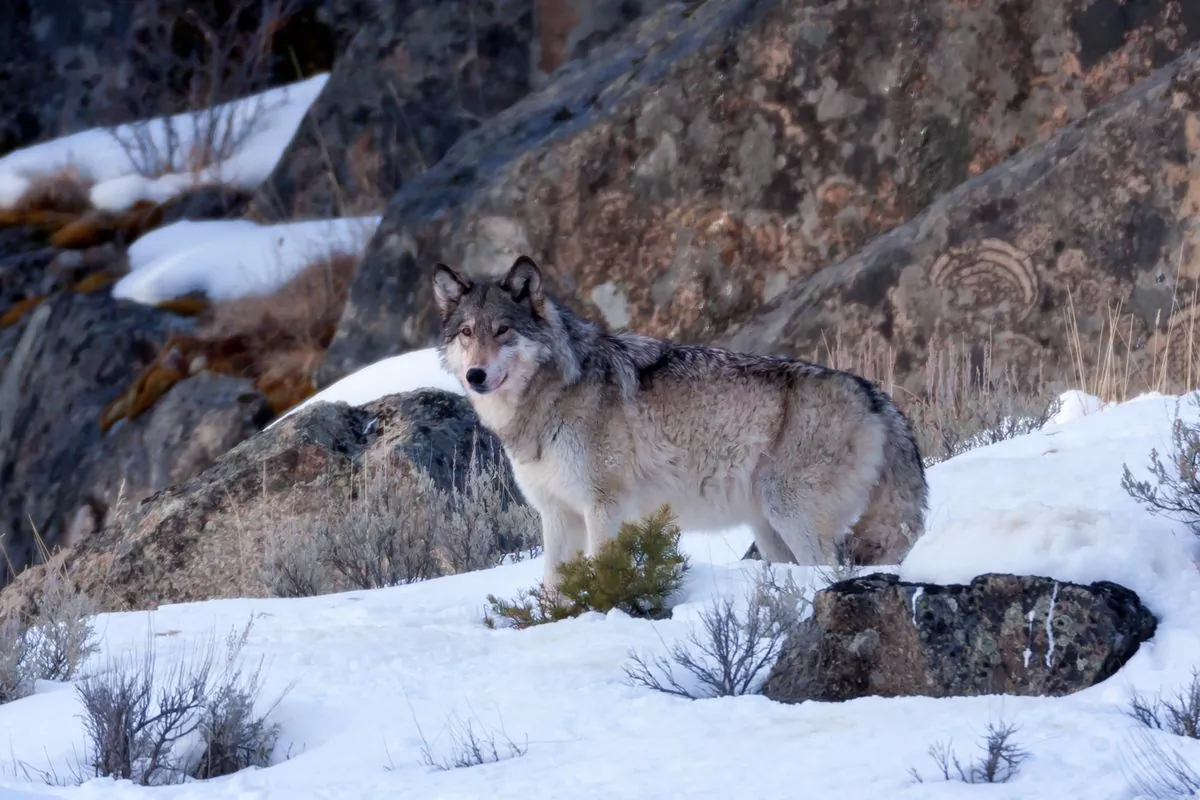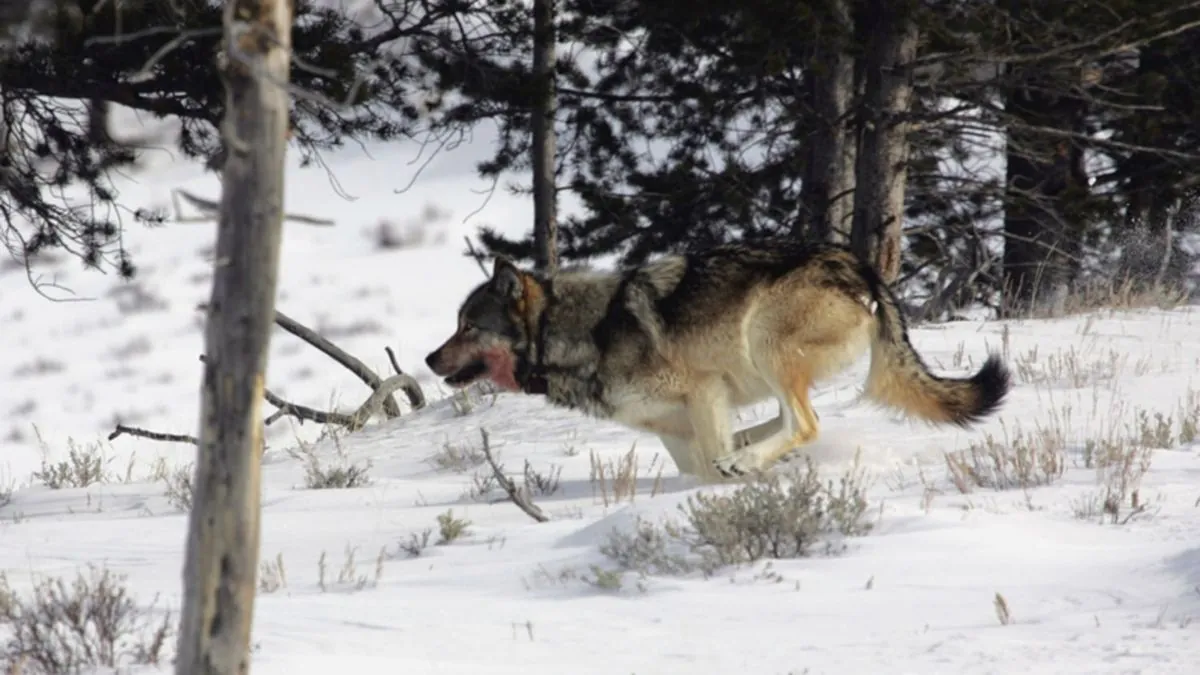Wyoming Considers Amending Animal Cruelty Law After Wolf Incident
Wyoming lawmakers propose changes to animal cruelty laws following a controversial wolf incident. The draft legislation aims to address the treatment of legally killed wolves while maintaining existing management policies.

In response to a controversial incident involving a wolf in western Wyoming, state legislators are considering modifications to the animal cruelty law. The proposed changes aim to address the treatment of wolves that are legally killed, particularly those struck by vehicles.
The incident, which occurred in the winter of 2023-2024, involved an individual hitting a wolf with a snowmobile, restraining its mouth, and displaying it in a local establishment. This event sparked public outrage and prompted calls for legal reform. Currently, Wyoming's animal cruelty law does not apply to predators such as wolves.
Under the draft legislation set to be discussed by a legislative committee on October 1, 2024, individuals would still be permitted to intentionally strike wolves with vehicles. However, the proposed amendment would require that the animal be killed swiftly, either upon impact or shortly thereafter. If a wolf survives the initial impact, the person responsible would be obligated to use "all reasonable efforts" to end its life promptly.

Kristin Combs, executive director of Wyoming Wildlife Advocates, commented on the proposal, stating, "Everybody is against torturing animals. There is not a person I've come across so far that has said, 'Yes, I want to continue to do that.'" However, she noted that the draft bill may not significantly alter current practices.
The incident led to calls for boycotting Wyoming's $4.8 billion annual tourism industry, which is centered around Yellowstone and Grand Teton national parks. Despite these efforts, Yellowstone is on track for one of its busiest summer seasons in 2024.
Wyoming's wolf management policies are the least restrictive among states where these animals roam. Wolves can be killed without limit in 85% of the state outside the Yellowstone region. This approach reflects the ongoing conflict between wolf conservation and the interests of ranchers and hunters in the state.
"This is an isolated incident unrelated to the state's wolf management laws."
The investigation into the wolf incident has faced challenges, with witnesses refusing to cooperate. The individual responsible for striking the wolf received a $250 fine for illegal possession of wildlife but avoided more severe charges.
Wyoming's approach to wolf management contrasts sharply with federal protections in place for wolves in most of the United States. In Wyoming, Idaho, and Montana, wolves are hunted and trapped under state regulations, while they remain federally protected as endangered or threatened species elsewhere.
The debate surrounding this incident highlights the complex relationship between wildlife conservation, ranching interests, and state policies. As Wyoming lawmakers consider these changes, they must balance the need for predator control with ethical treatment of animals and the state's significant tourism industry.
The proposed legislation, if passed, would allow for felony animal cruelty charges if a wolf survives being intentionally struck by a vehicle and is not promptly killed. This potential change reflects growing concerns about the humane treatment of wildlife, even in areas where predator control is deemed necessary.
As the legislative committee prepares to discuss this draft bill, the outcome may have significant implications for wolf management and animal welfare policies in Wyoming. The decision will likely be closely watched by conservationists, ranchers, and wildlife enthusiasts across the country.


































